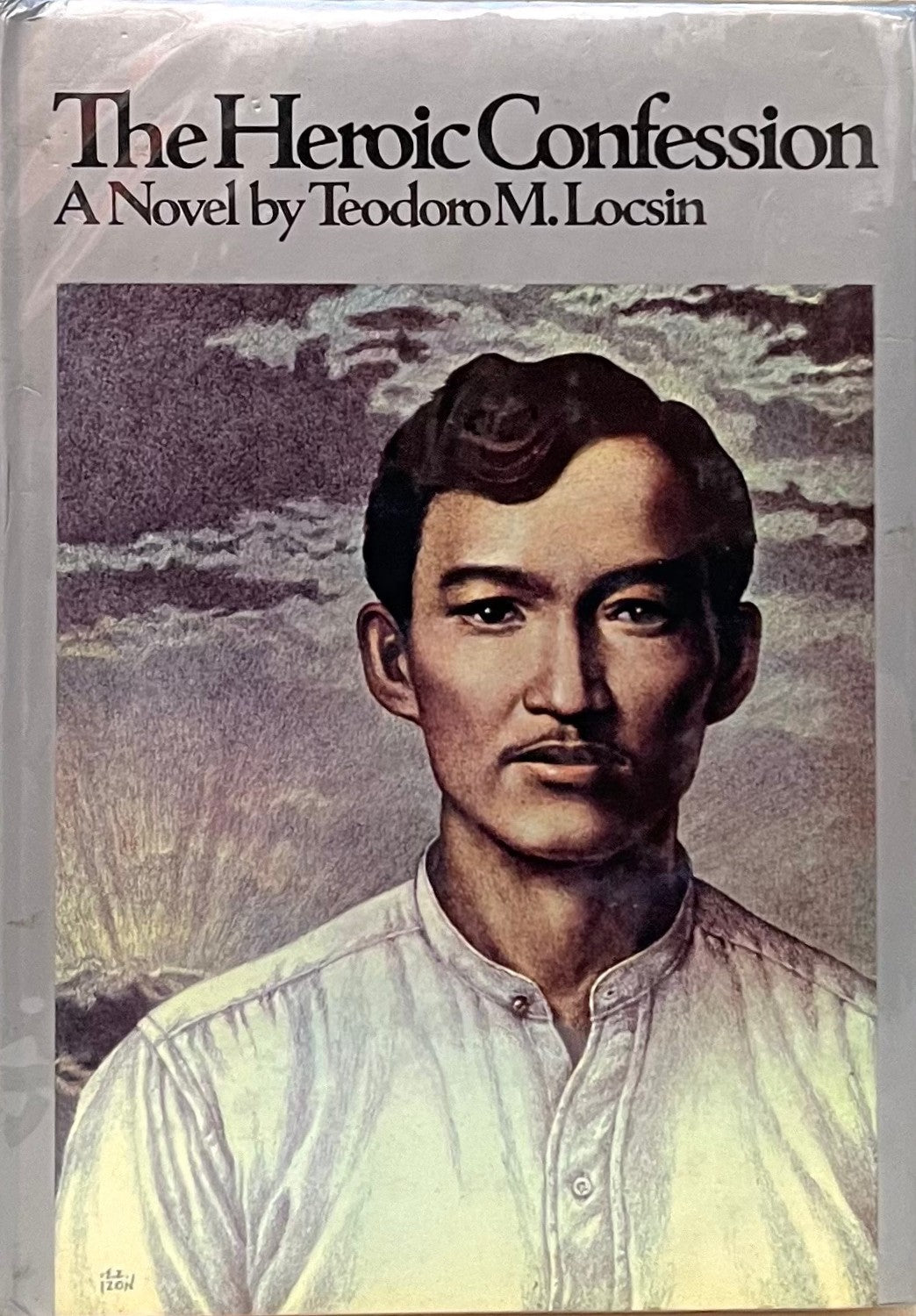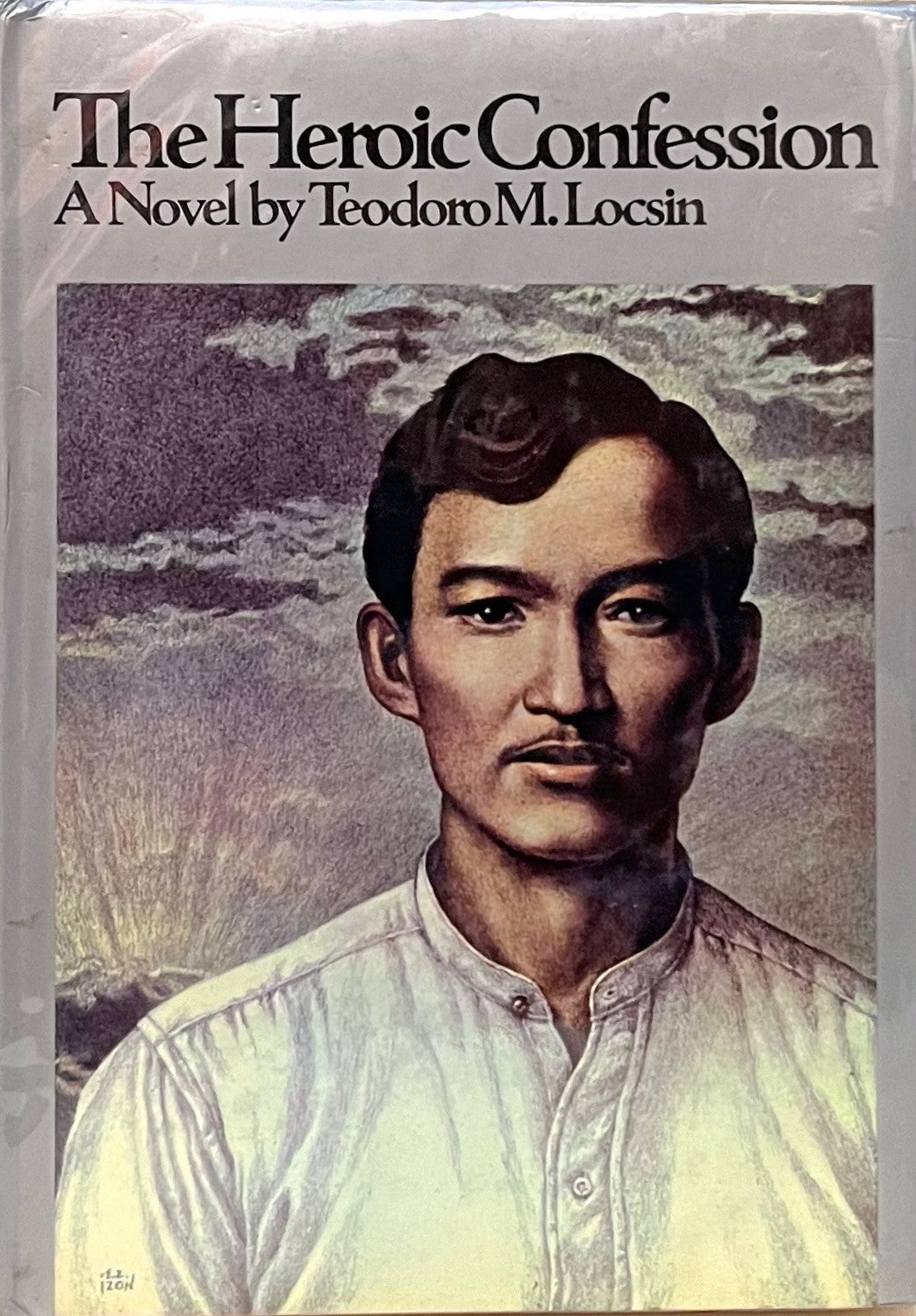The Heroic Confession
The Heroic Confession
Teodoro M. Locsin
Couldn't load pickup availability
Share
No life of an Asian figure has been more documented than Rizal's. Biographies and his own writings have given us what we need to know about the Rizal of history. But his own secret essence remains a mystery — as that of any man. Whatever he wars when not being a hero or the man he thought he was, h took with him to the grave. Every biography or autobiography is, in that sense, fictitious. "Who am I? What my friends, or enemies, or I myself think I am?" Who can tell? When biography fails. fiction may, while fictitious, bring forth something rich and strange. "Of his bones are coral made." The bare facts, the skeleton of a man's life, is not the man, but poetry may be made out of it. The imagination has reasons the matter-of-fact knows not of.
The historical Rizal has petrified into a national monument. This fictional Rizal comes to life endowed with a mind and sensibility that straddle the previous century and the present, which was witnessed the death of so many gods, including man's good opinion of him-self. This Rizal is an intensely self-conscious one who has convinced himself that there are no heroes but becomes one notwithstanding. A Rizal striving to rise above the human condition — without cheating. A fiction with a truth of its own.
The book begins with Rizal on the eve of his execution going over his life which flashes before him as the life does, it is said, of a drowning man. He speaks to himself, therefore to you, baring his thoughts on truth, justice, liberty, exile, the necessity and horror of force, on love of woman as well as love of country, on the literary art, on God, on the difficulty of being a man. The book ends as he composes his mind and will in preparation for death at dawn.
Published in 1978 by PCPM
167 pages / Hardcover


